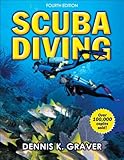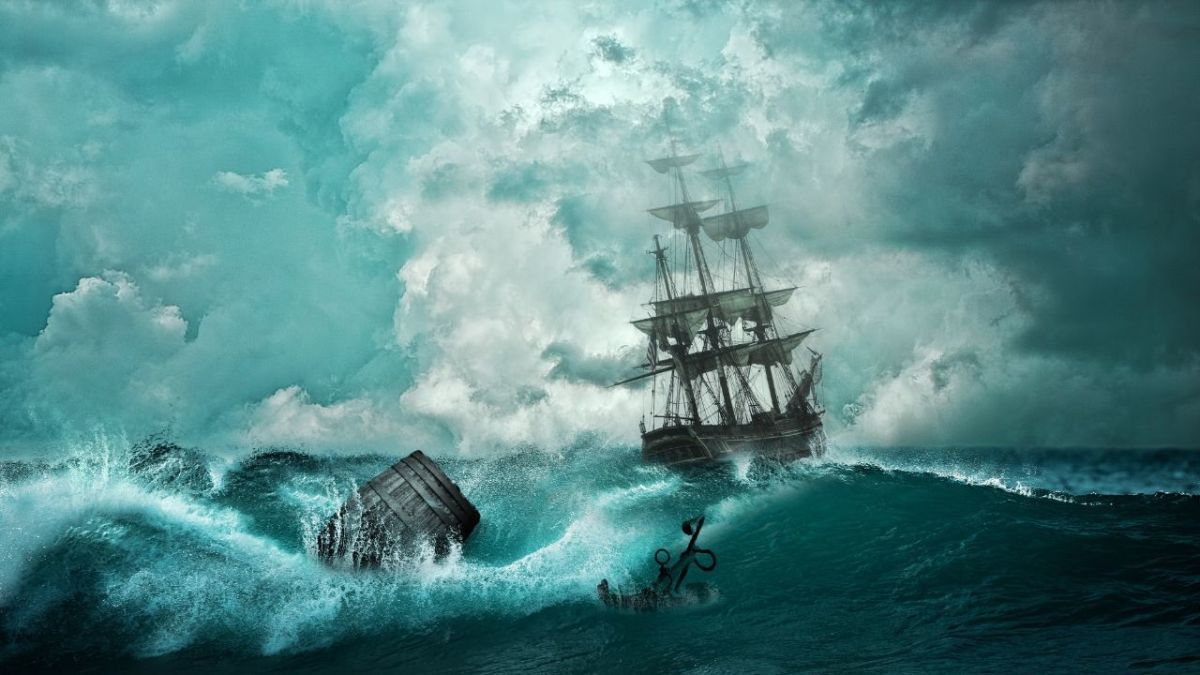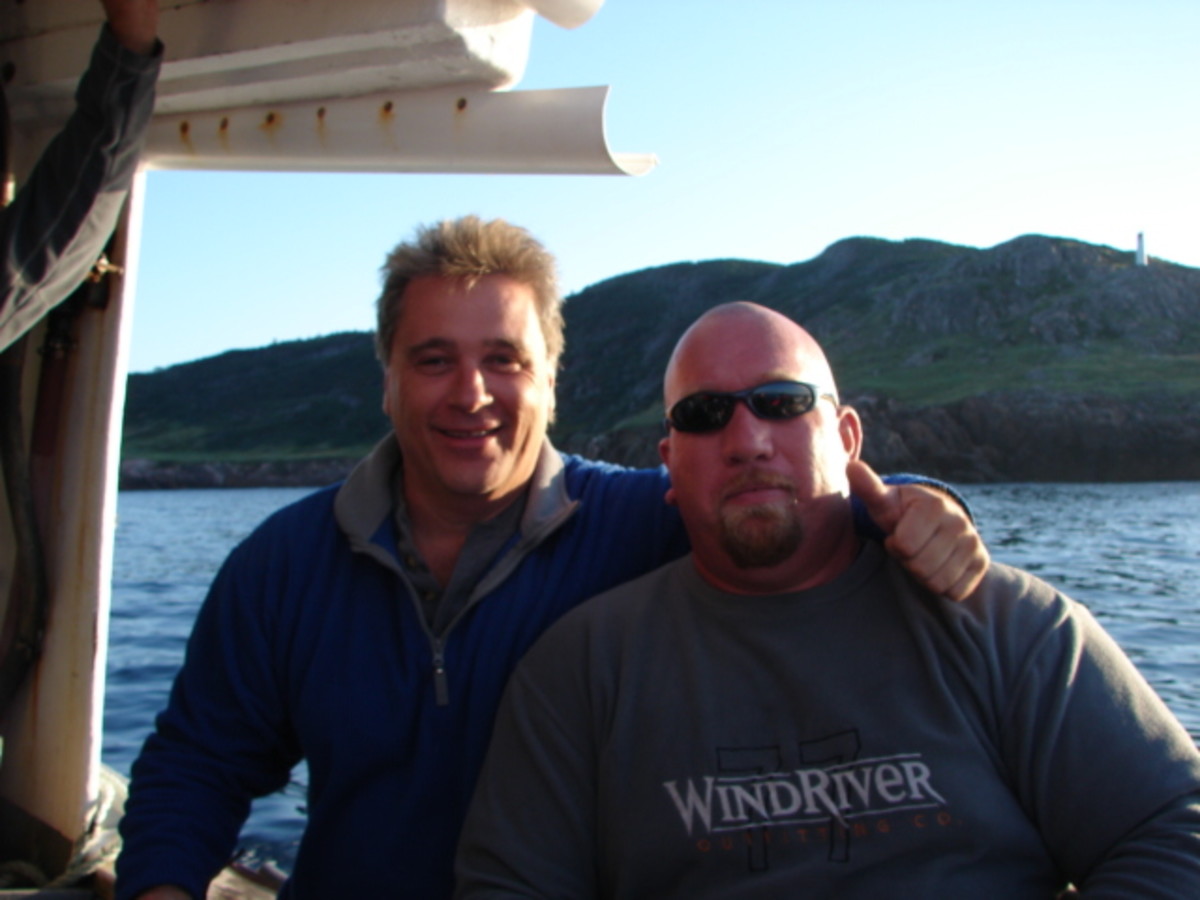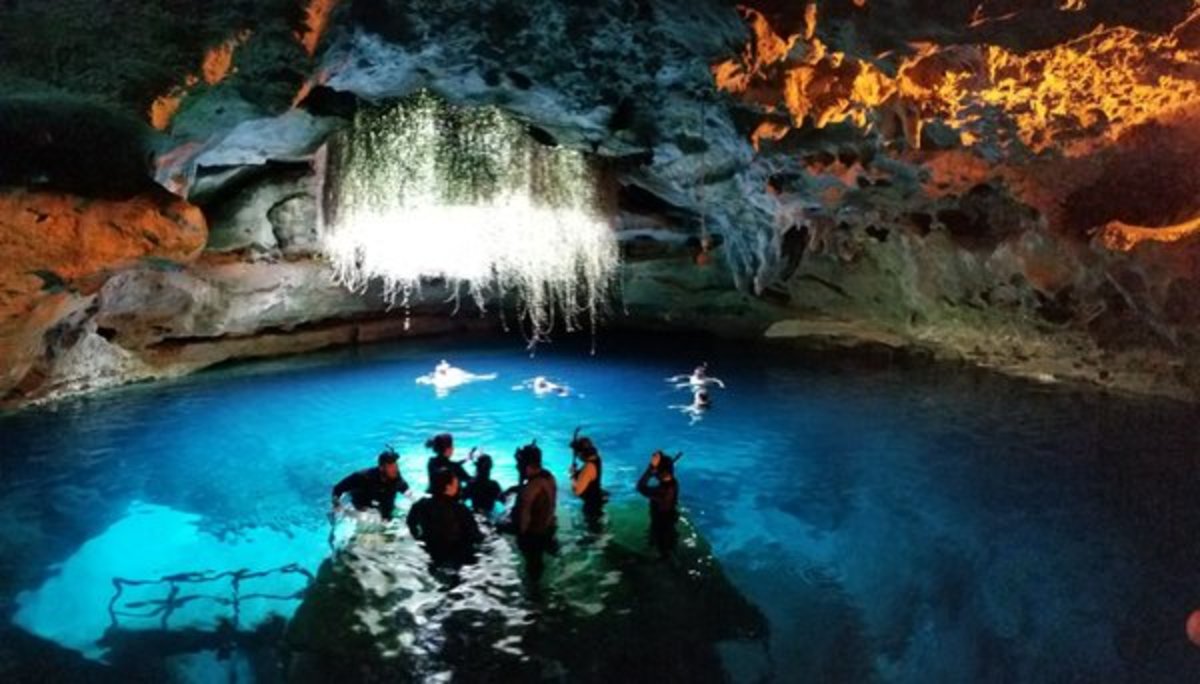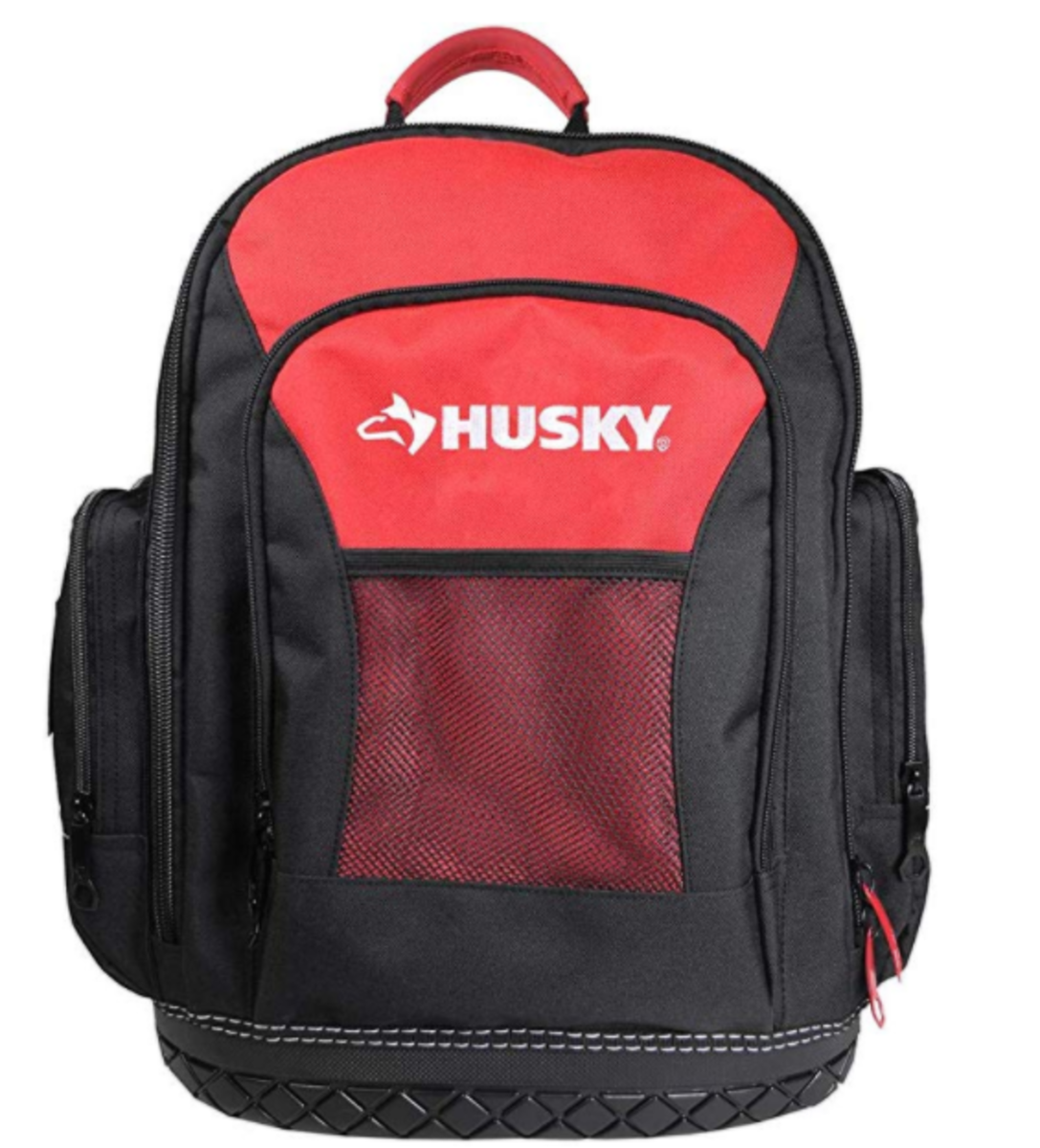How to Become a Scuba Diver
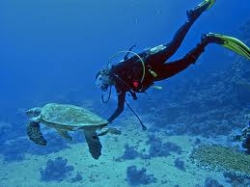
Try Scuba Diving once and you'll be hooked!
I remember vividly the first time I went scuba diving in the ocean. I was on Zanzibar Island in Tanzania and it was the first ocean dive of my Padi Open Water Course, and as I descended down the anchor line, I'm sure my eyes must have been as wide as dinner plates. There were coral and fish everywhere. I couldn't believe it! At that moment, I knew I was hooked and would be diving as long as my body is able to. A few years and over 300 dives later, I'm an instructor and excited about introducing this world to others.
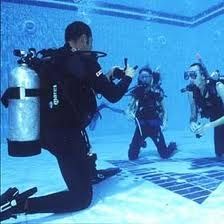
What exactly is Scuba Diving?
Scuba stands for Self Contained Underwater Breathing Apparatus. Essentially, a person uses a tank of compressed air to be able to stay underwater for a period of time much longer than they'd be able to hold their breath. Unlike the early days of diving, where air was supplied from the surface and pumped downwards, divers carry their own tank(s) with them, usually on their backs and attached with a sort of harness or jacket.
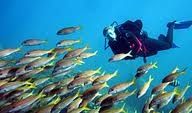
Who can Scuba Dive?
Scuba diving is definitely not for everyone, and there are some people for whom it would be just too risky to do it. Those who should not scuba dive include:
-those uncomfortable in the water. Most scuba training agencies require you to pass a swimming test of some sort (such as swimming 200m without stopping).
-children younger than 12. Some instructors and dive shops raise this limit even higher.
-if you have any serious medical conditions such as diabetes, pregnancy, high blood pressure, history of heart attack or stroke.
-those with any sort of breathing problems, such as asthma or a previously collapsed lung.
-people who are out of shape. Diving puts stress on the body and a certain level of fitness is necessary.
How to Scuba Dive
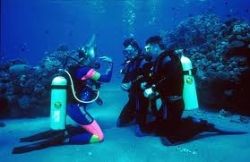
How do I Scuba Dive?
If you have no sort of medical problem and are healthy and fit, you should be free and clear to dive. There are 2 basic options for you:
1. Discover or Try Scuba Diving. This is often an option at a resort, where you'll undergo a little "crash-course" in scuba diving, usually in the pool and then you'll go out to the ocean for a single dive within the same day. You'll most often be 1-1 with an instructor. It's expensive, but an excellent option for those who want to see if they like it before investing in an entire course.
2. Open Water Certification. This is a 3-5 day course that involves classroom work, independent study, 5 pool sessions and 4-5 dives in the ocean. If you pass the tests, you'll receive a certification card that enables you to dive without an instructor or dive-master anywhere in the world. The most popular organization in the world is Padi, but others are good as well such as Naui or SSI. When this course is completed, you'll be able to go diving to depths of 18m.
Scuba Diving
Are you a scuba diver?
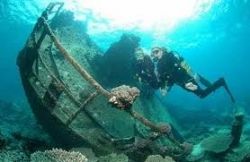
What happens after I'm certified?
When you have your open-water certification card, the world's oceans await you! Plan some dive holidays, or join a local club in your hometown. Remember to maintain your fitness and take a refresher course with a dive professional if you haven't dove in 6 months. Buy some of your own gear so you can be more comfortable scuba diving, instead of using unfamiliar rental gear each time you go. Find some experienced dive buddies who are willing to take you out diving locally.
To advance your diving even more, take another class. The advanced open water course allows you to go to 30m (vs 18m for Open Water), which means more dives are open to you. You'll also learn about basic navigation underwater as well as improve your bouyancy and other skills as well during your 5 dives.
Where to dive before you die!

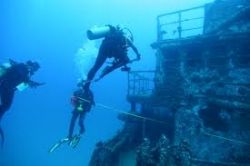
Will I enjoy scuba diving?
The ocean covers a large percentage of the globe, but very few people get to see this unexplored frontier. Scuba Diving allows you to experience a world unlike anything you've ever seen before. You'll be amazed at the diversity of life under the seas.
Most people that are comfortable in the water enjoy scuba diving. If you're ever gone swimming in the ocean or snorkeling on a coral reef, scuba diving is probably for you. If you like new challenges, this is the perfect adventure sport for you! There are always new areas to explore, such as photography, caves, wrecks, very deep dives, instructor certification, equipment repair and a million other things.

